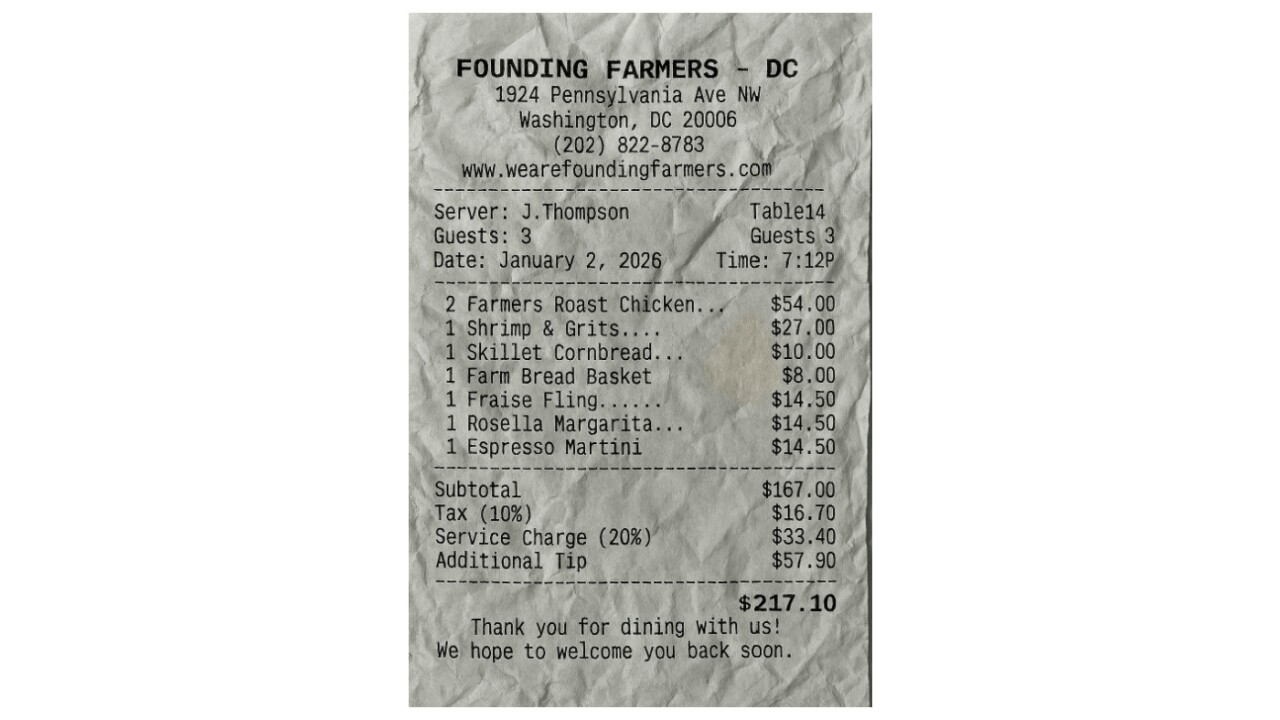Banks regulated by the Office of the Comptroller of the Currency were given the go-ahead by regulators in July to hold customers’ digital assets. But so far, no OCC-regulated banks have done so. What’s holding them back?
One factor seems to be lack of clarity around exactly what banks are allowed to do and the risks therein.
The concept of custody isn’t so complicated when it comes to cash held at a bank. Account deposits are assets that are owned and controlled by the bank, while items in a safety deposit box more directly belong to the customer.
“The cash in my bank account isn’t exactly my money,” said Bryan Routledge, associate professor of finance in the Tepper School of Business at Carnegie Mellon University in Pittsburgh. “It’s a claim against the bank.”

Bills in a safety deposit box would be “your money, but physically stored at the bank,” Routledge said. “You get the old-fashioned vaults and the big thick doors, but it’s not an asset of the bank.”
The concept gets murkier when extended to banks assuming custody over cryptocurrency.
The OCC issued an
This clarification applies to federally chartered banks. Currently,
“The OCC is trying to get in front of cutting-edge issues by clarifying that national banks can offer services related to crypto where the states have already provided such clarification to state-chartered banks,” said Paul Clark, partner at Seward & Kissel LLP, which has offices in New York and Washington.
Customers are likely to be institutional rather than individual investors in cryptocurrency. Registered investment advisers, for example, may prefer holding crypto assets with a full-service bank, which can provide loans and other services, rather than with a trust company.
Banks might decide to offer crypto custody if it helps them keep institutional clients who are looking for it and they can use it as a marketing tactic to attract new clients. Collecting fees to store these assets could be another incentive.
There are a number of considerations as to when it makes sense for a bank to exercise this power. Although most banks are mum about their intentions, experts agree that they would need sufficient demand from customers to justify the time, resources and technology needed to safely hold these assets.
Many are also
A global survey conducted by the Association of Certified Anti-Money Laundering Specialists and the Royal United Services Institute found that 35% of respondents from financial institutions felt that the primary use of cryptocurrency was for illicit transactions, and 70% worry that holding cryptocurrency could expose their institution to criminal activity such as money laundering.
Several large banks declined to comment or did not respond when asked about their plans to hold these assets.
Roger Cabrera, a spokesman for Wells Fargo, said in a statement: “Wells Fargo is committed to exploring emerging technologies, but as with all emerging technologies, understanding the regulatory environment and ensuring customer privacy and security are foundational elements of this exploration. While we do not accept crypto assets — in deposit, custodial, or other accounts — we will continue to evaluate the underlying technology for potential transactional, transparency, and settlement innovations it may hold.”
But the interest exists.
Steve Kurz, head of asset management at Galaxy Digital, a New York financial services and investment management company in the digital asset sector, said: “On an international and domestic basis, we’ve seen senior level interest from large custodial, commercial and investment banks for many years with respect to cryptocurrency custody, trading and management. The custodial piece is viewed as the foundation with which other services can be built or added.”
The deciding factor for many financial institutions will be whether their clients are demanding the service. Banks would need to invest in technology to hold crypto assets and develop robust anti-money- laundering systems that would satisfy the OCC, said Clark, the Seward & Kissel partner.
“Suffice it to say that it will be limited to banks that believe there is a sufficiently large market to warrant the investment,” said Clark. “It’s not clear that that market yet exists.”
There is also a learning curve when it comes to securely offering custody of cryptocurrency assets, and it’s unlikely a bank that hasn’t already dabbled in cryptocurrency custody will enter the field in the short term.
“The main import of the letter is it will make internal conversations with management and compliance easier,” said Anthony Tu-Sekine, another partner at Seward & Kissel.
Chris Ferraro, president of Galaxy Digital, said that rather than buy or build infrastructure to hold cryptocurrency assets, most banks would opt to white label the service from an existing custodian. For instance, Coinbase and Gemini provide crypto custody.
“If a bank can put its brand, balance sheet and reputation as a wrapper around the track record and know-how of an existing [custodian], they may see that as the right way to go to market as opposed to building it all in house,” Ferraro said.
Ferraro said the OCC's letter could signal the intent eventually to launch a central bank digital currency. China is planning to launch a digital version of its currency, while the European Central Bank will soon start experimenting with a digital version of the euro.
Clarifying that federally regulated banks can custody crypto assets, Ferraro said, “is the first step in a very long cascade of events that would have to happen for the U.S. to eventually issue its own currency that is natively digital.”





